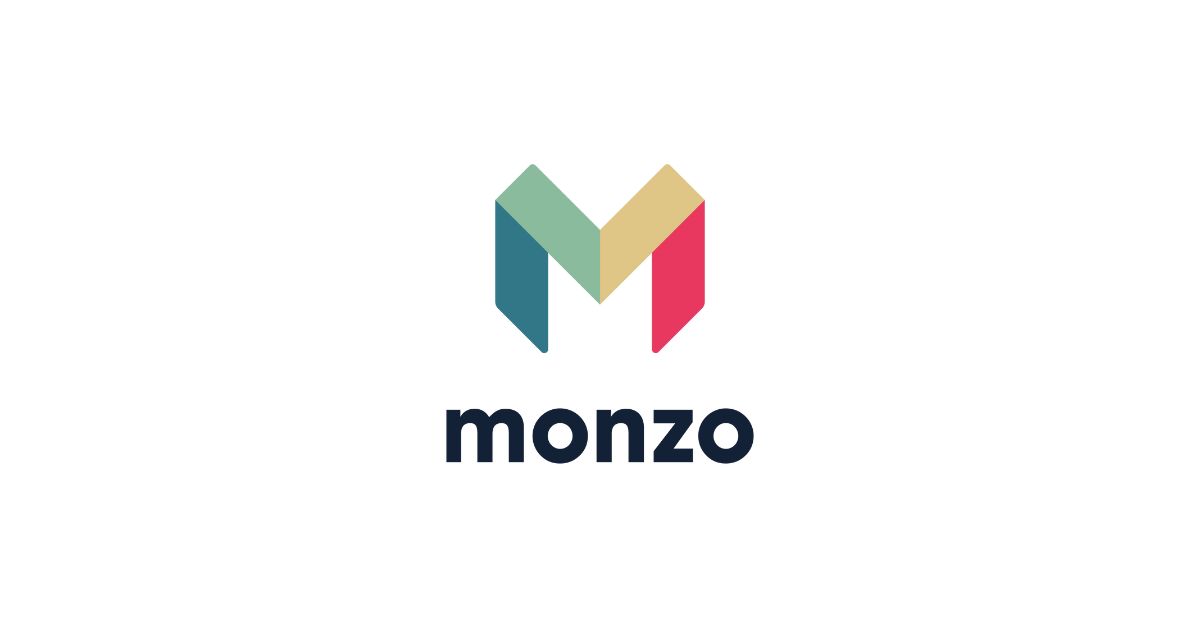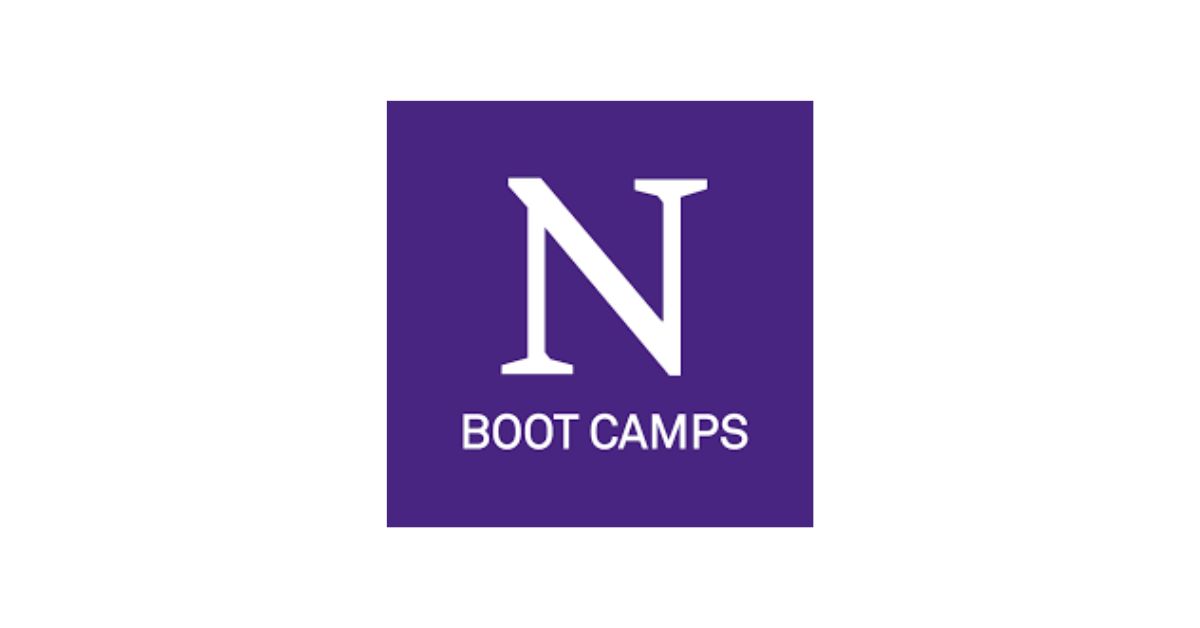Fintech Jobs: How to Get Started?
March 24, 2024, 6 min read
Fintech is the name given to the rapidly growing industry that was created when the worlds of finance and technology collided. The term “fintech,” an abbreviation for “financial technology,” refers to a wide range of developments that have caused traditional financial services to develop significantly. As this industry expands, the demand for experienced people to manage this rapidly changing terrain continues to rise. In the following article, we will delve into the world of fintech employment, discuss lucrative career options, and offer helpful tips on how to land the job of your dreams in the fintech industry.
What is Fintech?
“Financial technology,” abbreviated as “Fintech,” refers to automating certain financial services. In this method, financial services are developed and provided to customers and businesses by utilising various forms of technology. Multiple facets of finance, such as payment processing, personal finance management, and insurance, are included under the umbrella term “fintech.”
You have likely engaged with this multi-billion dollar notion if you have ever paid for delivery online, sent or received the payment through an app, or paid for delivery online. How we conduct business worldwide is continuously reshaped by technological developments and business models within the fintech industry. These concepts include payments made without cash, robo-advisors, crowdfunding, and virtual currencies.
Over time, the total investment value in fintech has reportedly increased to more than 220 billion USD. This information comes from Statista. These values are proof of the tremendous increase it has undergone over time, and there is evidence that these values will continue to surge in the foreseeable future.
Understanding the financial technology business and being able to work with algorithms to improve the services offered to end customers are two of the primary responsibilities of a fintech specialist. Careers in blockchain development and product management are among the most lucrative in the financial technology sector. Beginning a career in fintech is a fantastic choice if you are knowledgeable about technology and enjoy working with computers.
An Explanation of Fintech Jobs
The term “fintech jobs” refers to a wide variety of positions bridging the gap between finance and technology. To be successful in these roles, you will need to have extensive knowledge in the areas of finance and technology, as well as a creative mindset. Data scientist, software engineer, product manager, financial analyst, blockchain developer, user experience and user interface designer, and cybersecurity specialist are specific job titles in the fintech industry. Companies that operate in the financial technology sector range from newly founded startups to well-established financial institutions eager to integrate technological improvements.
Jobs in the FinTech Industry That Pay More Than 100,000 USD
The financial technology sector has significant earning potential, with several roles fetching salaries of more than one hundred thousand dollars. Consider one of these ten high-paying positions in the financial technology industry:
Data Scientist: Conducting in-depth analyses of detailed financial data and the development of predictive models.
Software Engineer: Responsible for constructing and maintaining various fintech platforms and applications.
Product Manager: This position oversees the creation and launch of cutting-edge financial solutions.
Financial Analyst: The process of conducting economic research and analysis to guide business decision-making.
Blockchain Developer: Conceiving and implementing safe blockchain solutions for monetary dealings.
User Experience and User Interface Designer: Responsible for developing intuitive user interfaces and engaging user experiences for fintech applications.
Cybersecurity Specialist: Responsible for guarding sensitive financial data from online attacks.
Compliance Officer: Responsible for ensuring that fintech operations comply with applicable regulations and managing risk.
Quantitative Analysis: The practice of applying mathematical models and statistical methods to the analysis of financial data.
Artificial Intelligence Specialist: Creating AI-based algorithms and applications for the financial services industry.
The Future of Jobs in Fintech
The financial technology business is expected to have tremendous expansion in the future. Traditional financial services are undergoing a period of transformation due to the rapid development of technologies such as artificial intelligence, blockchain, and machine learning. This digital disruption opens up many job prospects to those interested in working in the fintech industry. As the sector develops, new job roles will continue to appear, many of which will emphasise skills in areas such as data analytics, automation, financial regulation, and cybersecurity.
Artificial Intelligence (AI) Engineer: Builds and implements intelligent systems that can learn from data and make decisions.
UX/UI Designer: Creates user interfaces that are both easy to use and visually appealing.
Robotic Process Automation (RPA) Developer: Builds software robots that automate repetitive tasks like data entry and copying information between systems.
Cryptocurrency Analyst: Dissects the cryptocurrency market to understand trends and predict future prices.
Cybersecurity Analyst: Acts as a digital defender, safeguarding computer systems, networks, and data from cyberattacks.
Financial Analysts with AI Skills: Uses artificial intelligence to automate tasks, identify trends, and enhance financial analysis.
How to Get a Job in the Fintech Industry
The following are some of the most critical stages that can assist you in entering the realm of fintech:
Acquire appropriate skills by establishing a solid data analysis, technology, and finance foundation. Maintain your awareness of the most recent tendencies and advancements in fintech.
Develop Your Expertise, and Start Applying for Full-Time Jobs
Acquiring a specialisation in a specific area is a necessary action to carry out before beginning a career in financial technology. You will need to earn certificates in the field you intend to specialise in. Obtaining a speciality is essential since it gives you an advantage over other applicants.
Personal fintech projects, freelancing work, and internships are all great ways to obtain hands-on experience and demonstrate your abilities to prospective employers.
Develop Professional Connections Within the Financial Technology Sector
No one truly lives on their own. Therefore, you can increase your knowledge of the financial technology business by networking with individuals who have worked in the field for a considerable amount of time and are familiar with the market. Joining a fintech group is the simplest method to expand your professional network. Once you’re a member, you’ll have access to insightful conversations with industry professionals who can provide a comprehensive view of the system’s functions.
To build your network of contacts in the fintech industry, you should attend industry events, seminars, and conferences. To develop a robust professional network, using internet sites such as LinkedIn is helpful.
You can have meaningful interactions that could assist you during your job search if you establish ties with these professionals. When you are ready to find work, the experts, as mentioned earlier, can provide you with recommendations.
A few organisations, such as the Association for Financial Technology and the Wall Street Technology Association, connect service providers, specialists in fintech, and consultants worldwide. You can also meet up with people who are knowledgeable about fintech through LinkedIn. Attending conferences, start-up launches, and other events related to fintech can help you cultivate ties that benefit your business.
Create a Portfolio
To highlight your experience and differentiate yourself from other candidates, you should create a portfolio that includes your fintech projects, research papers, and applicable certifications.
Take advantage of online tools such as professional social networks and job boards exclusive to the fintech business to look for employment opportunities.
Tailor your cover letter and CV to each position: In both your CV and cover letter, emphasise the talents and experiences you have gained relevant to fintech. Ensure that your application materials are tailored to meet the needs of the specific jobs you are applying for.
To prepare for interviews, conduct extensive research on both the firm and the industry. Get ready to talk about current fintech trends, issues, and your innovative ideas. Demonstrate your enthusiasm for financial technology and your ability to adjust easily to different circumstances.
Ongoing Education
Because fintech is rapidly evolving, it is essential to be current on the latest industry trends, technological advancements, and regulatory changes. Enhance your employability by taking online courses, getting certifications, and taking advantage of other professional development possibilities.
Conclusion
For those interested in the business world and technological advancements, a career in the fintech industry can be both stimulating and lucrative. There are many possibilities to contribute to new solutions that transform the financial landscape as the fintech industry continues to expand and evolve. The opportunities are endless. You may position yourself for success in the ever-changing world of fintech by gaining an awareness of the various positions, obtaining skills relevant to the business, networking, and keeping current on industry trends. You can land the job of your dreams in the financial technology industry and help shape the future if you are determined, keep learning new things, and take a strategic approach.
















![Fintech Companies Providing Excellent Blog Content to Bookmark [2024]](https://globalfintechmarket.com/wp-content/uploads/2024/03/Fintech-Companies-Providing-Excellent-Blog-Content-to-Bookmark-2024.jpg)